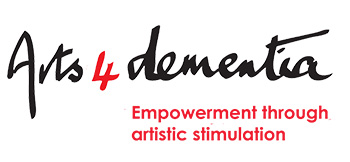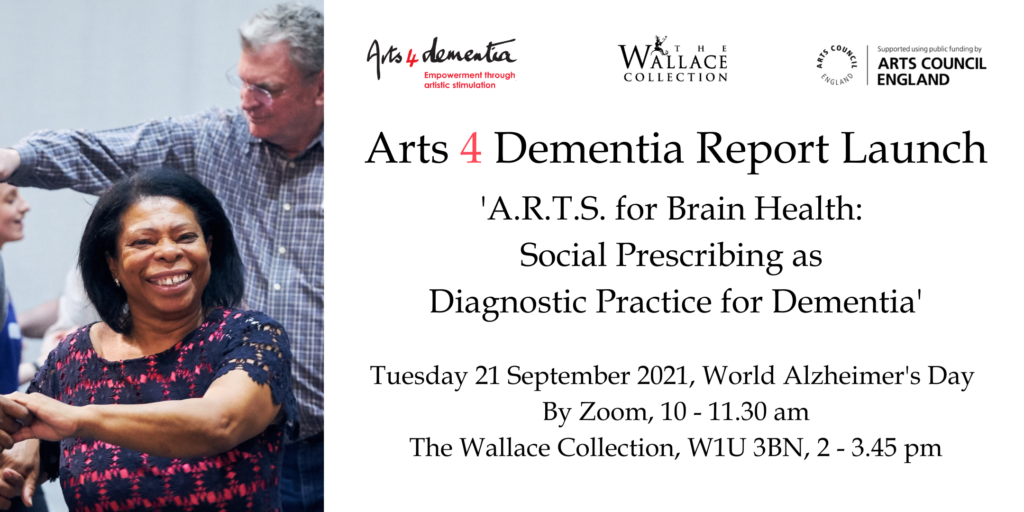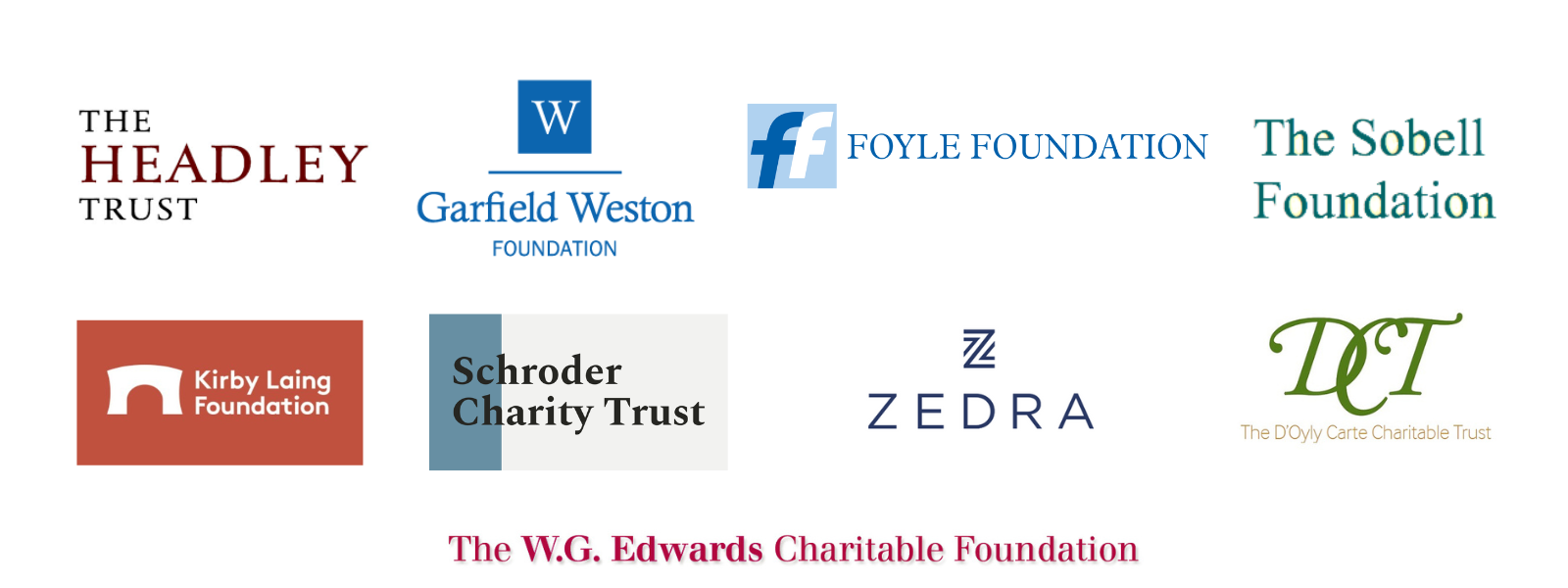A4D Arts for Brain Health social prescribing report ‘a landmark’
Arts 4 Dementia report set to transform diagnostic practice, establishing a pathway to refer patients at the onset of symptoms to empowering arts to preserve brain health.
A.R.T.S.* for Brain Health: Social prescribing as diagnostic practice for dementia – From Despair to Desire, following product our three-year campaign, national and regional conferences around the UK, was launched on World Alzheimer’s Day. The Rt Hon Lord Howarth, Chair of the National Centre for Creative Health and co-Chair of the All-Party Parliamentary Group for Arts Health and Wellbeing hailed the report as a landmark and its proposed collaborative cross-sector policy to fund and refer patients at the onset of dementia as compelling, and amend the NICE Guideline for Dementia Diagnosis to that effect, as compelling.
*Activities to Revitalise The Soul.
Leaders in dementia prevention and innovation, creative ageing, social prescribing, culture, health and wellbeing, and GPs and memory services around the UK inform A4D’s national campaign to advance social prescribing as automatic practice at the onset of symptoms of dementia, to preserve brain health – bridging the lonely fear-filled months until diagnosis. The Launch events on World Alzheimer’s Day, Tuesday 21 September 2021 (10-11.30 am, on Zoom, 2-3.45 pm, live at The Wallace Collection), coincided with the review of our recent conference in The Lancet NEUROLOGY this month, by Professor John Gallacher, Professor of Cognitive Health and Director of Dementias Platform UK and Professor Alistair Burns, National Clinical Director for Dementia and Older People’s Mental Health at NHSE/I, who chaired A4D Brain Health conferences and Zoom launch.
This is a remarkable magnum opus.
Dr Michael Dixon, OBE, Chair of the College of Medicine & Co-Founder of the National Social Prescribing Network.
We must promote the use of arts as soon as diagnostic tests begin. This will protect against cognitive decline and the strains of dementia and will empower people to preserve cultural interests, and enjoy quality of life in the community for years longer.
Baroness Greengross, OBE, Co-Chair of the All Party Parliamentary Group on Dementia.
The shift for us in general practice is not just engaging with those medical activities which are core, but to engage with social activities, and make sure the two are aligned.
Professor Martin Marshall, CBE, Chair, Royal College of General Practitioners.
Social prescription offers a tremendous opportunity to empower people from the onset of symptoms – both the individual and their partner – to override strain and preserve brain health and cultural interests together in the community, for years longer. Veronica Franklin Gould, President, Arts 4 Dementia.




